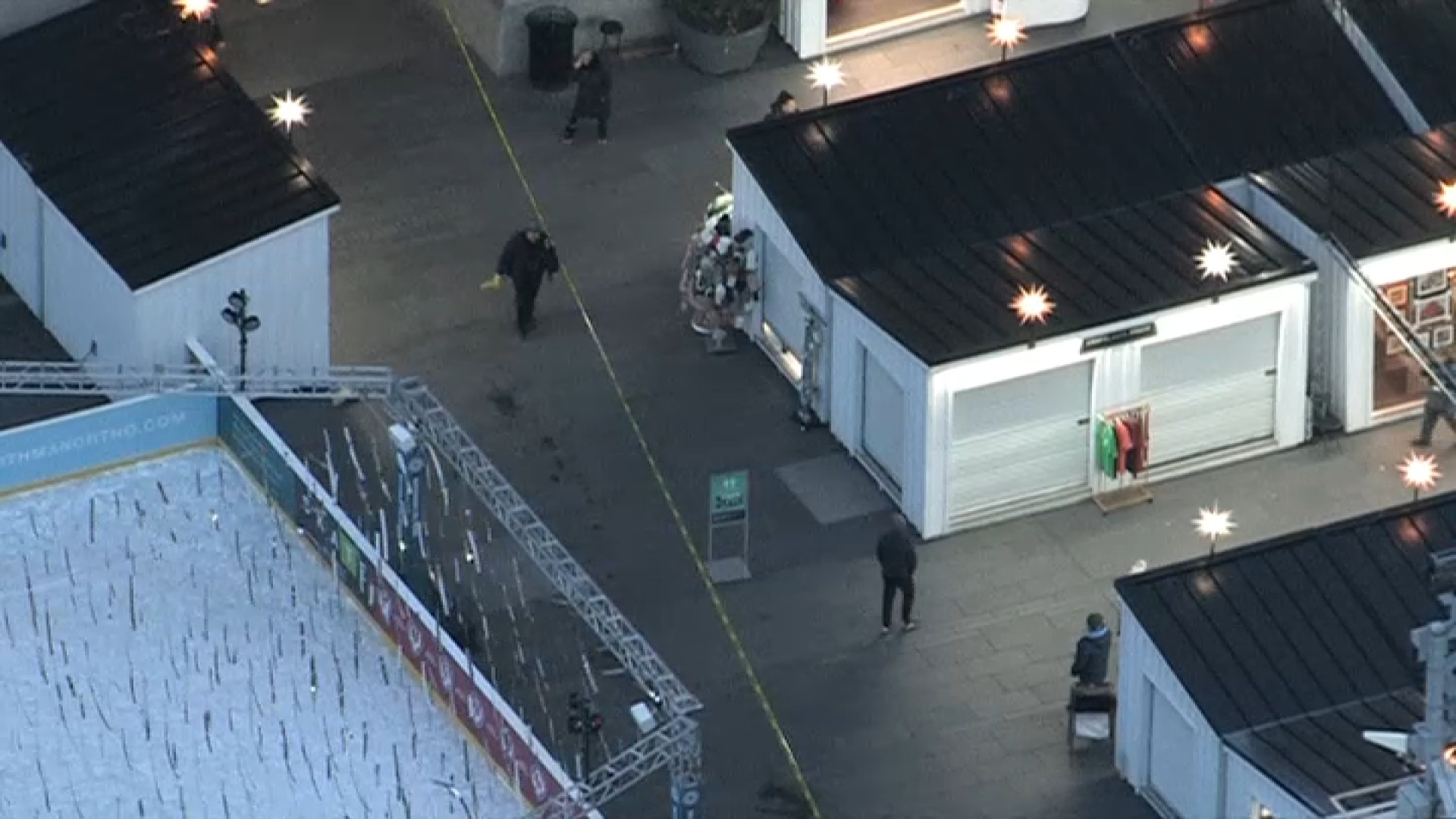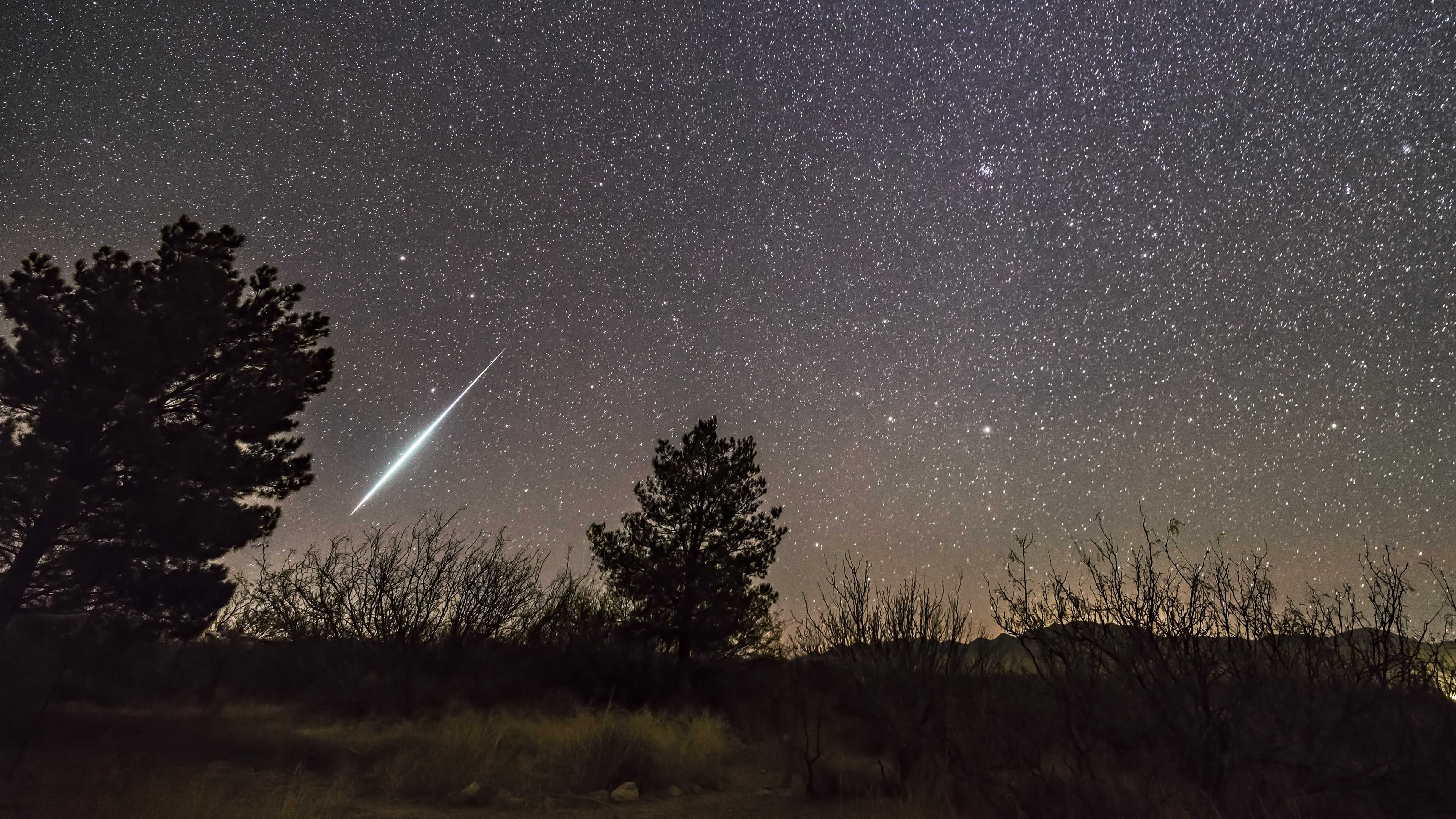Attorneys for Philadelphia District Attorney Larry Krasner, along with those for SEPTA and Pennsylvania Attorney General Michelle Henry, met in Commonwealth Court on Wednesday for a hearing on a lawsuit that challenges the constitutionality of Act 40.
Act 40 is legislation that calls for the AG's office to appoint a special prosecutor who would be in charge of prosecuting crimes that occur on SEPTA property.
What is Act 40?
The law was sponsored by Republican state senator Wayne Langerholc, who represents the state's 35th state senatorial district, and, according to Krasner's office, it would allow this special prosecutor to have sway over any prosecution of crimes that happen within 500-yards of any SEPTA property in Philadelphia.
Get top local stories in Philly delivered to you every morning. >Sign up for NBC Philadelphia's News Headlines newsletter.
In the past, Krasner's office has argued that this would make the special prosecutor in charge of handling crimes in the majority of the city.
However, on Wednesday, attorney's for the AG's office said the special prosecutor's purview would only include SEPTA property, including areas within the stations, on the tracks and within the vehicles themselves.
Also, in the past, representatives for SEPTA have said they approved of Act 40 as an "additional resource" in fighting crime that happens on the mass transit provider.
Local
Breaking news and the stories that matter to your neighborhood.
Gov. Josh Shaprio, too, has called the issue a case of "concurrent jurisdiction" that would provide law enforcement officials with additional tools to prevent crime in the city.
However, Krasner has pushed back against that idea, saying the move instead erases the votes of over 155,000 people who supported his election into office.
Argument against the legislation
In presenting his argument to judges on Wednesday, John S. Summers, a lawyer working with Krasner's office on this litigation, said Act 40 is "sweeping and unprecedented."
"The law not only directly strips the authority and territorial jurisdiction of Krasner over 8,700 trolley stops, subway stops, bus stops in the City of Philadelphia, but it collides with a basic democratic principle," said Summers. "Which is, the City of Philadelphia, as other district attorneys, are locally elected and they are accountable, and this stands that principle on its head."
However, judges pushed back, asking why state legislators wouldn't be allowed to add a prosecutor over crime on SEPTA properties as the mass transit provider is a state entity, not a city entity.
Summers replied that they could if they were discussing SEPTA's authority. But, he said, since this would instead target Krasner's authority and impact the voters' will to choose who prosecutes crime in the city, the legislation should be considered unconstitutional.
He also called Act 40 a "special law," saying it only targets one person, Krasner. He also said that legislators in Harrisburg brought forward the legislation because they felt crimes on SEPTA properties weren't being prosecuted.
But, Summers argued, the basis for that argument was based on SEPTA police arrest records, not Krasner's prosecution record.
"SEPTA's police have been arresting at a marked lower rate than they have been before," argued Summers. "That doesn't have anything to do with Larry Krasner. He is taking the arrests that are coming to him."
The argument in support of Act 40
Keli Neary, an attorney who represented the AG's office argued that the general assembly could indeed regulate the authority of the district attorney's office.
Yet, judges and Neary seemed stymied by how jurisdiction between Krasner's office and the special prosecutor's office would be determined.
Neary argued that the statue addressed these concerns. However, when pushed for specifics, she often deferred to the attorney representing SEPTA, Matthew Haverstick.
He argued that the problem Act 40 hopes to address isn't solely prosecutions, but also dispositions and recidivism.
"Those are all parts of the concerns of the bigger picture that animate the public safety element," he said.
However, when judges pushed the SEPTA and AG attorneys about legislators' intentions behind the law -- pointing out that it specifically targeted Krasner's office, even sunsetting a year after Krasner would likely leave office -- they did not take a stance on their possible motivations.
Also, the bill required a special prosecutor to be named in 30 days of the law's implementation -- which happened at the end of last year.
Neary said they planned to meet that deadline, but they haven't offered anyone the special prosecutor role.
However, she said, the job is still posted and the AG's office is currently interviewing applicants for the role.
At the end of the day, judges did not provide a decision on the case before them and have not yet provided a time when a decision might be made.
Sign up for our Breaking newsletter to get the most urgent news stories in your inbox.



